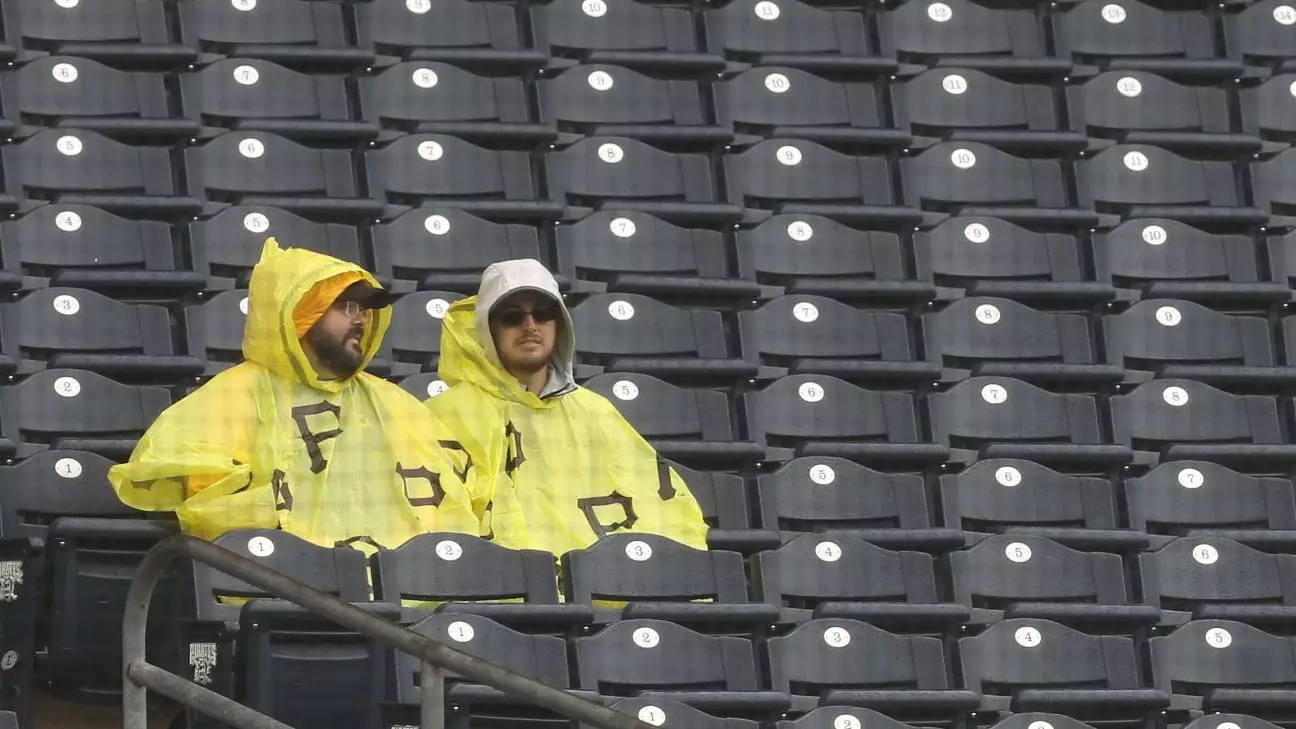The Pittsburgh Pirates are navigating a tumultuous atmosphere as their fan base grapples with a series of disappointing seasons. At a recent offseason fan fest, CEO Travis Williams confronted the discontent among supporters regarding team ownership and performance. While expressing a steadfast commitment to developing a winning culture, Williams addressed the elephant in the room: owner Bob Nutting’s unyielding stance on retaining ownership of the team.
During the fan fest, Williams was met with passionate outcries from attendees demanding that Nutting sell the team. This reaction underscores a deeper sentiment among Pirates’ fans who have watched the franchise languish in mediocrity for years. Historically, the Pirates have endured extensive droughts, including a lack of winning seasons since 2018 and scant playoff appearances since the early ’90s. The contrast between the franchise’s storied past and its present-day struggles evokes considerable frustration.
Williams attempted to quell the unrest by emphasizing that Nutting is committed to Pittsburgh and aims to improve the team’s performance. However, these assurances may ring hollow for fans who have witnessed numerous roster changes, coaching adjustments, and a parade of underwhelming seasons without tangible success. The words of leadership, while optimistic, must be matched by consistent on-field results to restore faith in the organization.
Williams‘ defense of Nutting highlights a broader issue in sports ownership dynamics: the challenge of balancing financial interests with the desire for competitive success. While Nutting’s commitment to keeping the team may aim to cultivate stability, fans are weary of loyalty that does not translate into victories. Thus, it raises questions about accountability within the organization. To fans, it is not enough for ownership to voice a commitment; they expect action and investment in the product on the field.
Amidst the backdrop of this dissatisfaction, Pirates fans have witnessed an array of inconsistent performances, including a promising start to the previous season, which rapidly devolved into yet another disappointing finish. This peak-and-valley dynamic in performance can diminish faith even further, as enthusiasts hope for a sustainable winning culture, rather than sporadic flashes of brilliance.
In an effort to assuage the fan base’s rising frustrations, Williams articulated a dedication to putting a winning product on the field, emphasizing that the management team—including general manager Ben Cherington and manager Derek Shelton—shares the same commitment. Despite his optimism, the reality of the franchise’s trajectory necessitates a closer examination of strategic decisions, from player development to scouting.
The Pirates’ challenges at the trade deadline serve as a testament to the difficulties of maintaining competitiveness in a notoriously challenging division. Their inability to capitalize on an early season surge raises complex questions about whether personnel choices align with the broader goal of long-term success.
Hope is always a double-edged sword for sports fans. Following the arrival of promising talent like Paul Skenes, who has ignited conversation within the league, the Pirates possess the potential for a resurgence. The cautious optimism that Williams displays is encapsulated in the belief that targeted investments in youth and infrastructure can yield a turnaround.
Yet, as fans continue to chant “sell the team,” it becomes clear that the paradigm of support is shifting. The buy-in from loyal supporters is contingent upon visible efforts from the organization to pursue excellence. Only time will tell if the Pirates can elevate the franchise back to glory and quell the discontent that permeates the stands.
The dialogue surrounding the Pittsburgh Pirates is pivotal not only for current fans but also for the future of the organization. The commitment to winning must extend beyond rhetoric; it demands actionable steps that inspire confidence in an increasingly skeptical base. As the team forges ahead, the eyes of Pittsburgh—and a legion of disappointed fans—will be closely watching for signs of real progress.


Napsat komentář